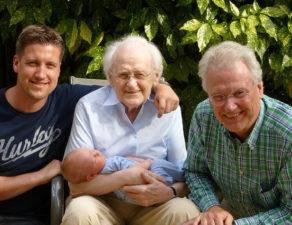
We receive this response too often from clients who, after working with another attorney on their elder law and estate planning matters, learn that their planning is incorrect, unnecessary or deficient. This is becoming increasingly problematic for the consumer in all areas of law, but arguably more impactful in this area because of both the technicalities of elder law and estate planning and the sensitivity of the subject area.
I just returned from co-chairing the Fall meeting of the New York State Bar Association’s elder law and special needs section where this issue was discussed. By way of background, an attorney is not permitted to hold himself out as a specialist in any one area of law. I believe the concept is that if you hold yourself out as a specialist, you might be giving the impression of a guaranteed outcome and, in turn, misleading the consumer. This thought process is archaic.
In other professions, such as the medical profession, there are specialists. If you are having chest pains, you wouldn’t want to go to a doctor, simply because he or she is a doctor, only to find out he doesn’t specialize in cardiology and dabbles in all areas of medicine. The client wants and needs specialists! There should be no difference in the practice of law.
The field of elder law, estate planning and special needs planning has become quite complex. A competent elder law attorney needs to be proficient in multiple areas such as estate planning, tax law, real property law and others. You cannot reach this level of competency unless you do it every day. Attorneys who represent that they can practice in this area without sufficient competency harm the client.
Interestingly, while we cannot say we specialize in the practice of elder law, the ethical rules allow us to say our practice is limited to or focused on elder law. I’m still scratching my head. Regardless, be an educated consumer and work with an attorney who clearly focuses on elder law, estate planning, and special needs matters to avoid unintended consequences.








